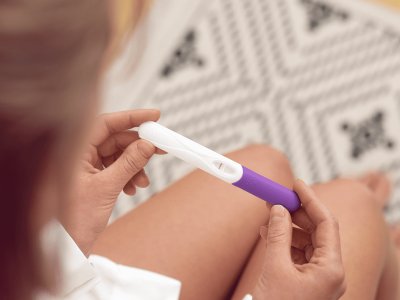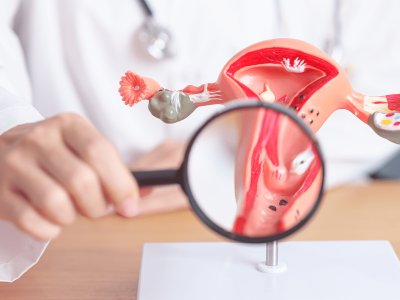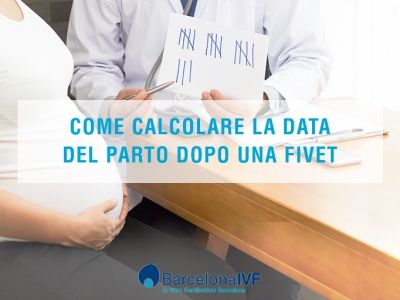Infertile men can more than double their chances of fatherhood with a new IVF technique. A far more powerful microscope is used to identify the sperm most likely to succeed.
The method, which was first developed in 2004 in Israel, is called intra-cytoplasmic morphologically-selected sperm injection (IMSI). It involves examining sperm under a high-magnification microscope, about five times more powerful than standard laboratory equipment, to select those with a shape and size that indicates good genetic quality. The best-looking sperm are then injected into eggs.
An Italian team, has conducted the largest randomised controlled trial to compare outcomes for IMSI and ICSI . The overall pregnancy rate for IMSI was 39.2% compared with 26.5% for ICSI patients.
ICSI is now used in about 40 per cent of the 41,000 IVF cycles performed annually in the UK, and accounts for about 4,500 children born each year. This suggests that upwards of 10,000 men a year could be appropriate patients for the new technique.
To read more about: http://bit.ly/9IJmJZ














